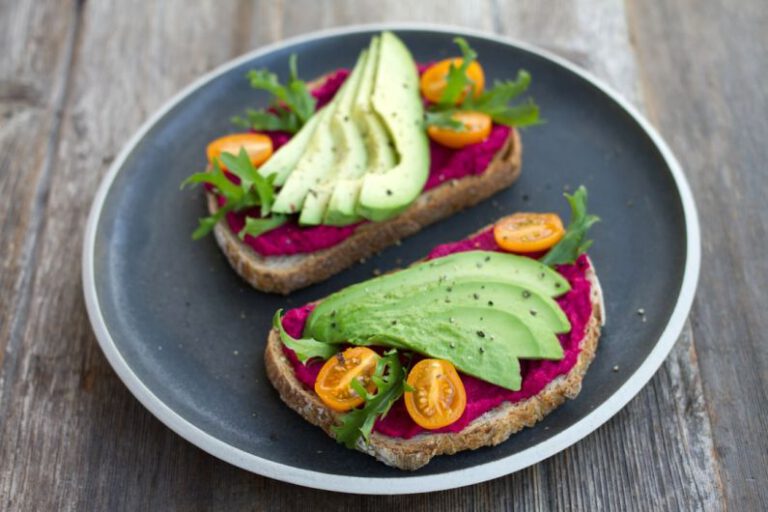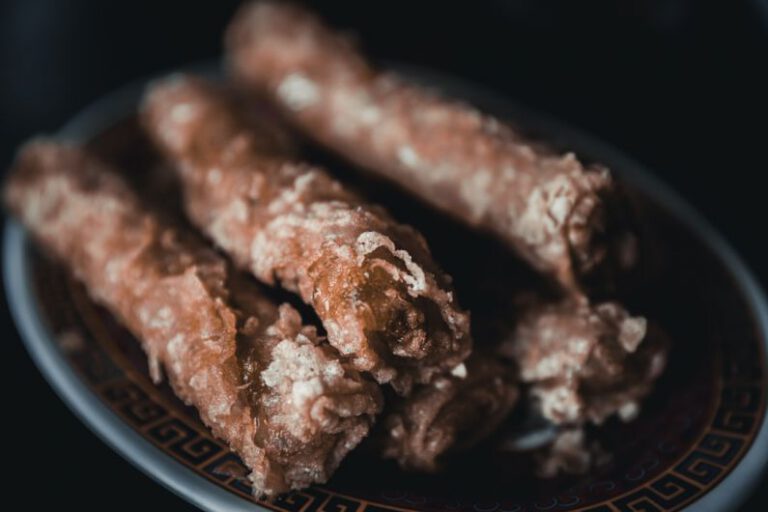What Makes Moroccan Food a Culinary Adventure?
Embark on a Culinary Journey with Moroccan Cuisine
The world of food is a vast and diverse landscape, offering a multitude of flavors and experiences to tantalize the taste buds. Among the myriad of culinary traditions that have captured the hearts and stomachs of food enthusiasts worldwide, Moroccan cuisine stands out as a true gem. Known for its rich history, vibrant flavors, and unique ingredients, Moroccan food offers a culinary adventure like no other.
Flavors that Dance on the Palate
One of the most striking features of Moroccan cuisine is its bold and exotic flavors that come together in a harmonious symphony on the palate. The use of a diverse array of spices such as cumin, cinnamon, paprika, and saffron creates a depth of flavor that is both complex and satisfying. These spices are often combined with fresh herbs like cilantro and parsley to add brightness and freshness to the dishes.
The combination of sweet and savory flavors is another hallmark of Moroccan cuisine. Dishes like tagine, a slow-cooked stew of meat, vegetables, and dried fruits, perfectly encapsulate this unique flavor profile. The sweetness of the fruits balances the savory richness of the meat, creating a dish that is both comforting and exciting to the taste buds.
A Feast for the Senses
Moroccan cuisine is not just about taste; it is a feast for all the senses. The vibrant colors of the dishes, often adorned with a sprinkling of nuts, dried fruits, or fresh herbs, are a visual delight. The aroma of spices wafting through the air as the dishes cook slowly is enough to make anyone’s mouth water.
The traditional method of cooking in Morocco, using a clay pot called a tagine, adds another layer of sensory experience to the dining process. The slow cooking method allows the flavors to meld together, creating a dish that is tender, flavorful, and aromatic. The act of breaking bread and sharing a meal with loved ones is a cherished tradition in Moroccan culture, further enhancing the sensory experience of dining.
A Melting Pot of Influences
Moroccan cuisine is a melting pot of influences from various cultures and regions, reflecting the country’s diverse history and geography. The flavors of Morocco are a fusion of Berber, Arab, Moorish, and French influences, resulting in a culinary tapestry that is both traditional and innovative.
The use of ingredients such as couscous, preserved lemons, olives, and harissa, a spicy chili paste, showcases the diverse influences that have shaped Moroccan cuisine over the centuries. The blending of sweet and savory flavors, the use of aromatic spices, and the emphasis on fresh ingredients are all a testament to the rich culinary heritage of Morocco.
A Culinary Adventure Awaits
For those looking to embark on a culinary adventure, exploring the world of Moroccan cuisine is a must. From the bustling markets of Marrakech to the cozy riads of Fez, the flavors and aromas of Morocco are sure to captivate and inspire. Whether you are a seasoned food enthusiast or a curious novice, Moroccan cuisine offers a culinary experience that is as diverse and exciting as the country itself.
The next time you find yourself craving a taste of the exotic, consider delving into the world of Moroccan food. With its bold flavors, vibrant colors, and rich history, Moroccan cuisine promises a culinary adventure that will leave you craving more. So gather your loved ones, set the table with colorful dishes, and prepare to be transported to a world of flavor and tradition unlike any other.






